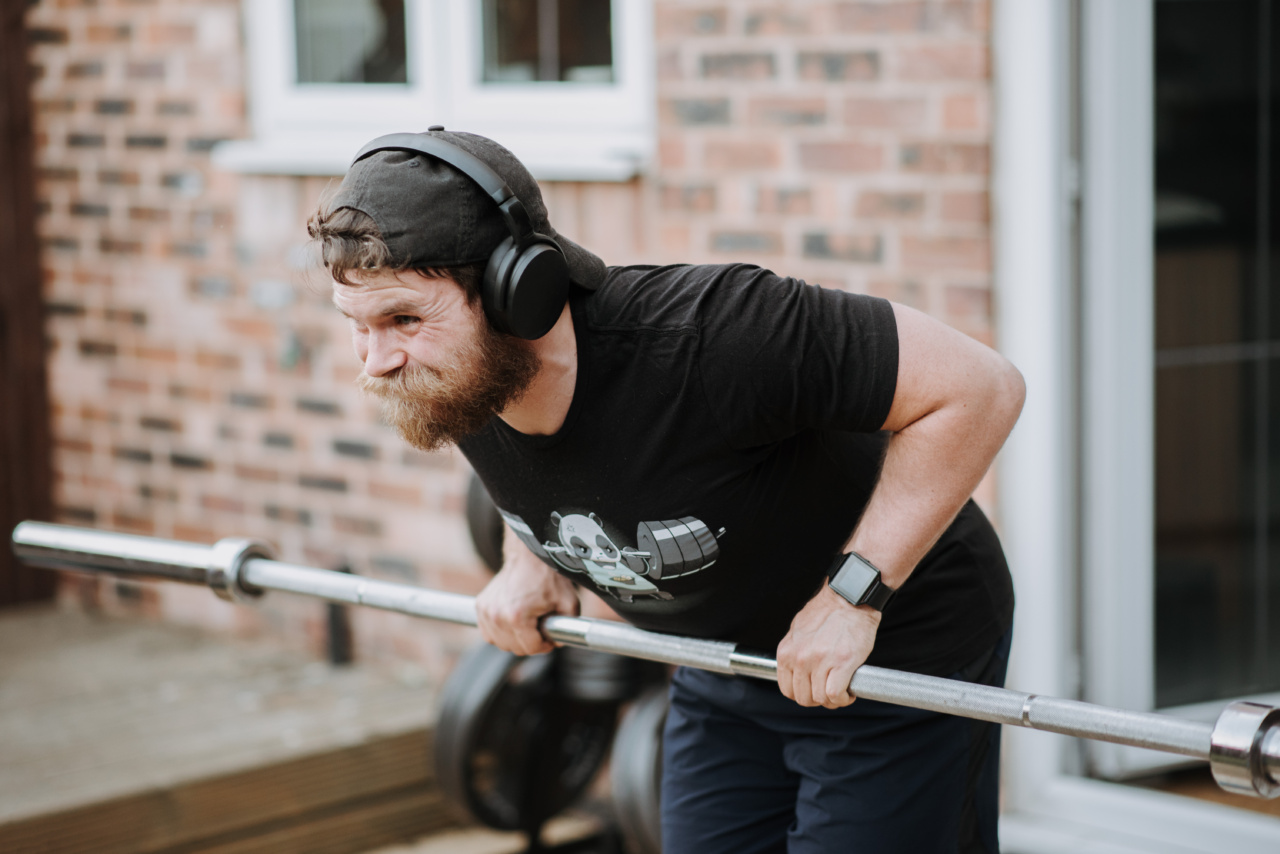After giving birth, a lot of changes happen in a woman’s body. Pregnancy and childbirth not only affect the physical body, but also the emotional and mental state.
Sexual and romantic relationships after childbirth may need to be approached differently, especially considering the physical changes that have taken place.
Physical changes after childbirth
After giving birth, the body will go through various changes, including:.
- Vaginal soreness and potential swelling
- Perineal pain or soreness (the area between the vagina and anus)
- Muscle weakness in the pelvic floor
- Hormonal changes leading to vaginal dryness and decreased libido
- Stretch marks, loose skin, and potential cesarean scars
The importance of communication
It’s important to remember that every woman’s body is different and the recovery process will vary. It’s crucial to communicate with your partner before engaging in sexual activity.
This is especially important because sexual activity can be painful if attempted too soon after childbirth or before the body is fully healed. Try to be open, understanding, and supportive, and make a plan that prioritizes your health and comfort.
Take things slow
After childbirth, taking things slow can be the key to a better sexual experience. Attempting to engage in sexual activity too soon can lead to discomfort and pain. It’s important to listen to your body and take it easy.
Make sure to stick to positions that feel comfortable and avoid rough and vigorous movements for a while. As recovery continues, try gradually increasing intensity or trying new positions, but always follow your body’s cues.
Addressing vaginal dryness
After childbirth, hormonal changes can result in vaginal dryness, which can make sex painful. Lubrication is an excellent solution to this problem, especially since it will not only provide immediate relief but also decrease any discomfort.
It’s important to use a water-based or silicone-based lubricant and avoid products that contain glycerin, as it can lead to yeast infections and other complications.
Pelvic floor and Kegel exercises
Pelvic floor exercises can be incredibly beneficial after childbirth. They help strengthen the muscles in the pelvic region and can help speed up recovery. Kegel exercises are a type of pelvic floor exercise and can be easily done at home.
They involve repeatedly contracting and relaxing the muscles that control urination. Not only can they aid in recovery, but they can also improve sexual experiences by increasing sensitivity.
Emotional readiness
The changes that come with childbirth can be challenging for new mothers and may affect their emotional readiness to engage in sexual activity.
It’s important to take the time to check in on how the person feels, and if they’re not ready, to enjoy other intimate activities that can provide bonding experiences and pleasure outside of intercourse. Trying new and exciting activities with a partner can reignite the sexual spark and introduce more creativity into the relationship.
Maintaining a healthy mindset
After giving birth, it’s essential to prioritize self-care and maintain a healthy mindset towards your body. Postpartum changes can take a toll on your confidence and self-image, and it’s important to take steps to combat these feelings.
Eating a balanced diet, getting enough sleep, and practicing self-care can help to maintain a positive outlook and give you the energy you need to engage in intimate activities. It’s important to remember that recovery takes time, and it’s a journey that should be approached with patience.
Conclusion
After childbirth, the body will go through various changes and it’s essential to approach sexual activity differently.
It’s important to prioritize open communication, taking things slow, vaginal dryness, pelvic floor exercises, emotional readiness, and maintaining a healthy mindset. Each woman body is different, and it’s crucial to listen to your body, respect the recovery process, and seek help if needed.
Ultimately, intimacy after childbirth is a personal journey, and it’s vital to go at your own pace while prioritizing your health and the health of your partner.



























